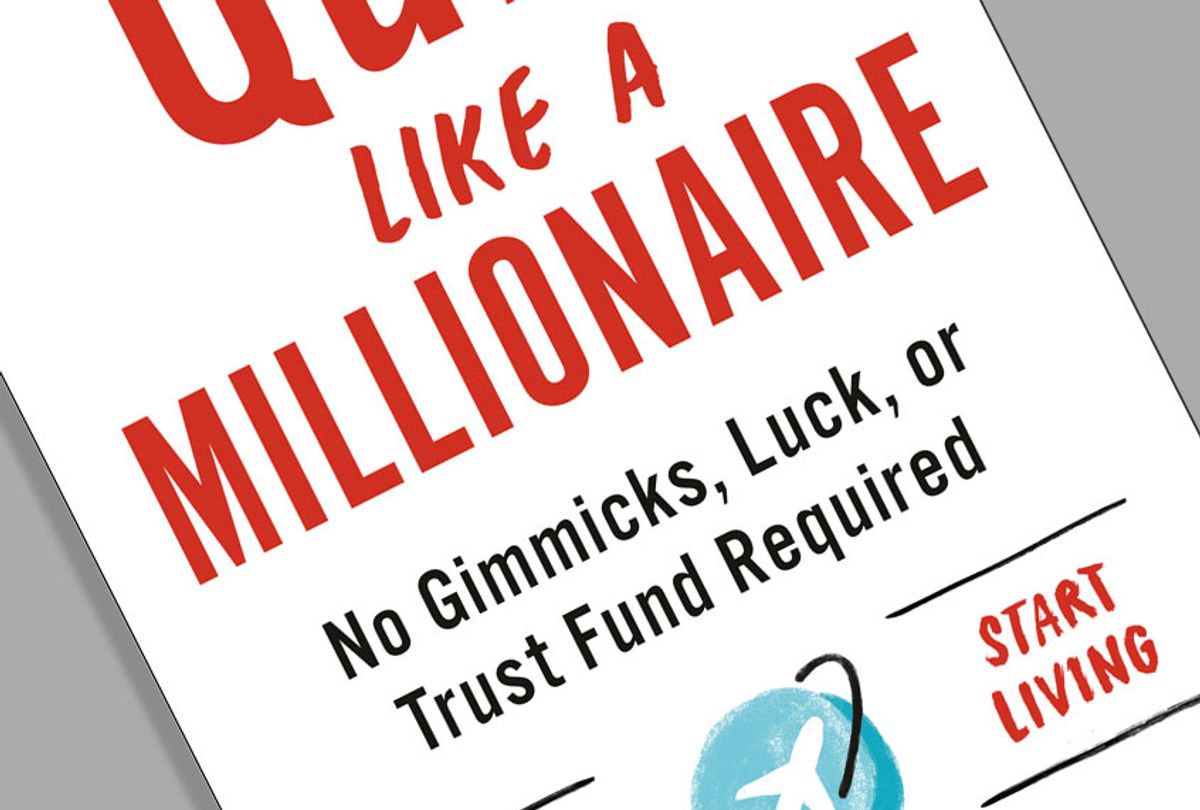The next time you walk into your bank to talk about your investments, you’re going to run into a bank robber.
He may be difficult to recognize because he’s not wearing a mask. Instead, he’s wearing a fancy suit, and will offer you coffee as he ushers you into his office.
The robber, as it turns out, works for the bank.
Most bank advisors work on commission and their job is to look out for the bank’s interest, not yours. Their job is to sign you up for so-called “investment” products but in reality, are designed to extract the highest fees.
As a percentage, a one percent or two percent management expense ratio, or MER, doesn’t sound like much. But over time could cost you hundreds of thousands of dollars, and bank advisors know this. They don’t particularly care, because the higher your fees, the bigger their commission.
What if I told you there was a way to (safely and legally) steal from Wall Street?
Endorsed by none other than Warren Buffett, this is a strategy he famously advised his heirs to use after he was gone:
Buy the entire stock market using index funds.
This is also the strategy I used to become a millionaire and retire at the age of 31. I figured out how to keep Wall Street from robbing me and robbed them instead.
But it wasn’t easy. In fact, when I first tried to buy index funds, the bankers tried every dirty trick in the book to stop me.
Try it yourself. Walk into your bank, talk to a salesperson and ask to put your savings into index funds. It’s the funniest thing ever.
Armed with the knowledge of why index funds outperform actively managed funds, I did exactly that. I had done my homework. I knew the literature and research down cold; I knew the statistics. I had looked up the commission the salesperson would earn on an index fund: precisely $0. So, I was expecting an amusing spectacle.
And boy did I get it. That salesperson spun story after story about why I was making a huge mistake, and I slammed down chart after chart onto his desk proving him wrong. Eventually, he resorted to outright lying. This account, he claimed, couldn’t purchase those types of investments. But after I asked to speak to his supervisor, he relented. I got my account set up, and I invested in my index funds.
Here’s the deal: Wall Street hates index funds. Inside those shiny glass skyscrapers is basically a giant collection of stock traders. They have thousands of analysts working long hours, poring over press releases and financial statements of every publicly traded company. They then feed this information in the form of tip sheets to traders on the floor of the New York Stock Exchange. Those traders then place orders based on that information. If that info suggests a company’s stock is trading below its true value, then the traders place a buy. If that info suggests it’s trading above its true value, they place a sell.
This is an oversimplification of a complex system, of course, but at the end of the day Wall Street’s job is to price how much a company’s shares are worth, and to make money if they find a discrepancy. The effect of all this activity forms the day-to-day movements of each stock’s price, as well as the overall movement of the stock market as a whole. Over time, this will cause company’s share prices to reflect what that company is truly worth.
However, someone has to pay all these people to do this work. That’s where actively managed mutual funds come in. By setting it up so the fund charges a percentage of all assets under management, and tricking investors into thinking that a percentage point or two isn’t a big deal, Wall Street manages to make money whether their traders guess correctly or not. The managers and their staff get paid—with your money—regardless of whether they do a good job.
Index Investing is different. When you bet on the entire stock market, you are taking advantage of all the work those traders are doing trying to research and price out each individual stock in that index. And because there’s no fund manager, you don’t pay them or the legions of staffers who work for them.
When you use Index Investing, you are getting money back from Wall Street.
I left my bank that day with this strange sense of satisfaction. When I sat down in that salesperson’s office, he had every intention of screwing me. He was the robber.
But when I left, I was.



Shares